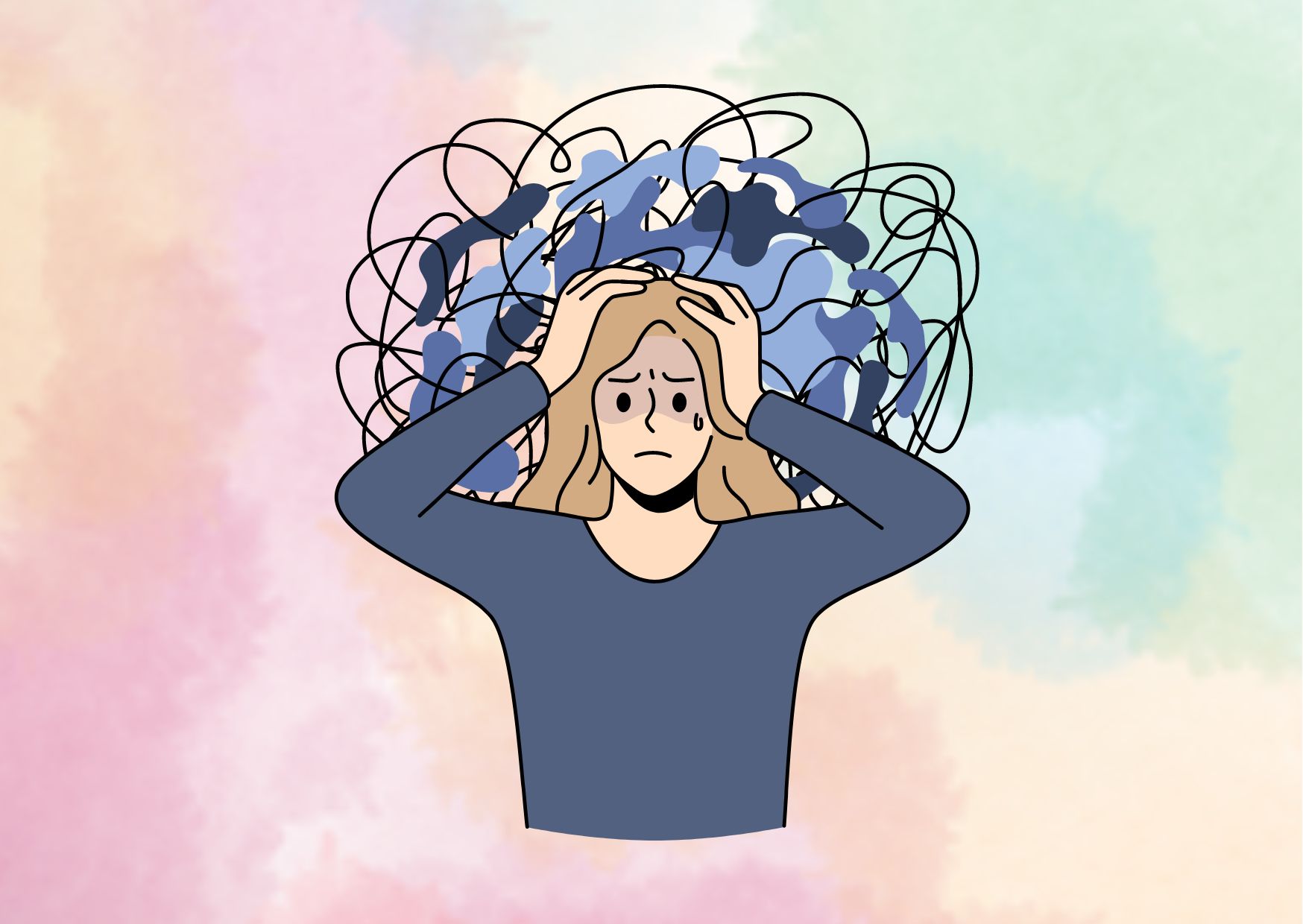High Functioning Depression: How to Identify and Deal with it
High functioning depression, also recognized as Persistent Depressive Disorder (PDD), persists as a chronic form of depression where individuals maintain daily routines and fulfill responsibilities amidst experiencing persistent feelings of sadness and low energy. Unique in its presentation, High functioning depression allows those affected to often mask their symptoms well, making it a particularly stealthy subset of mental health conditions that challenges the common perceptions of depression disorders. Despite its colloquial name not being a clinical diagnosis, this condition highlights the complexities within the spectrum of depression symptoms, emphasizing the necessity of a nuanced understanding of mental health disorders.
The discussion around high functioning depression introduces a critical conversation on the importance of recognizing the signs of this mental health condition and the strategies for managing it. This article will explore the hidden struggles individuals face, including the impact on relationships and work, the challenges in diagnosis, and the available treatment options such as psychotherapy and antidepressants. As this condition operates invisibly, shedding light on the experiences of those with High functioning depression is essential for fostering a supportive environment conducive to healing and management.
Understanding High functioning depression
High functioning depression, or Persistent Depressive Disorder (PDD), manifests through a complex interplay of genetic, environmental, and psychological factors. These elements combine to create a mental health condition that, despite its subtlety, significantly impacts an individual’s life.
- Genetic and Biological Factors: Research indicates that High functioning depression can have a genetic component, making individuals with family members who have depression more susceptible. Brain chemistry imbalances and hormonal changes also play a critical role, affecting mood and emotional regulation.
- Environmental and Social Factors: Life events such as trauma, stress, and major life changes are significant contributors to High functioning depression. The condition can also be influenced by chronic stress, especially in individuals with certain personality traits like perfectionism. This stress, combined with environmental factors, can trigger or worsen symptoms.
- Symptoms and Challenges: Unlike more acute forms of depression, the symptoms of High functioning depression include persistent low mood, irritability, and lack of motivation, which can last for years. These symptoms often lead to misunderstandings and conflicts in personal relationships and can make daily tasks and responsibilities more challenging. Despite these struggles, individuals with High functioning depression may not display typical signs of depression, making diagnosis and treatment difficult.
Understanding the multifaceted nature of High functioning depression is crucial for recognizing its presence in oneself or others. Recognizing the signs and seeking help early can prevent the condition from worsening and improve the overall quality of life. Treatment options, including psychotherapy, medication, and lifestyle changes, can be effective in managing symptoms and leading a fulfilling life despite the challenges posed by High functioning depression.
Signs and Symptoms of High functioning depression
Identifying High functioning depression can be challenging due to its often subtle presentation. However, awareness of the common signs and symptoms is crucial for early detection and intervention. Here are key indicators to watch for:
- Emotional Symptoms:
-
- Persistent low mood or sadness
- Feelings of hopelessness or worthlessness
- Lack of interest or pleasure in activities once enjoyed
- Irritability or anxiety
- Feelings of guilt
- Physical Symptoms:
-
- Changes in appetite or weight (either loss or gain)
- Sleep disturbances (insomnia or hypersomnia)
- Fatigue or lack of energy
- Physical symptoms without a clear cause, such as headaches or stomach distress
- Cognitive and Behavioral Symptoms:
-
- Difficulty concentrating, remembering, or making decisions
- Withdrawal from social interactions
- Self-medication with substances like alcohol or drugs
- Recurrent thoughts of death or suicide
People with High functioning depression often manage day-to-day tasks but may feel empty or as if they are merely going through the motions. Despite their ability to maintain responsibilities at work or home, they may experience a pessimistic view of the world, emotional outbursts, and feelings of being unworthy or like an imposter. Self-criticism is common, and they may show reluctance to attend social activities.
Understanding these symptoms is the first step towards seeking help. High functioning depression, while less intense than major depressive disorder, still significantly impacts an individual’s quality of life. Recognizing these signs in oneself or others can lead to effective management strategies, including psychotherapy, medication, and lifestyle changes, fostering a path towards healing and well-being.
The Hidden Struggles
Individuals grappling with High functioning depression often navigate a complex internal landscape, marked by a persistent struggle to balance their emotional turmoil with the external appearance of normalcy. This duality can exacerbate feelings of isolation and stress, further complicating their mental health landscape. Key aspects of these hidden struggles include:
- Facade of Normalcy vs. Internal Turmoil:
-
- External Appearance: Individuals often appear cheerful, successful, and capable of managing daily responsibilities.
- Internal Reality: Despite outward appearances, they experience continuous sadness, worthlessness, and fatigue, leading to a significant internal conflict between how they feel and how they are perceived by others.
- Impact on Personal and Professional Life:
-
- Relationships: Maintaining personal relationships becomes a Herculean task as individuals may withdraw or struggle to connect emotionally, fearing burdening others with their struggles.
- Work Performance: While job performance might not visibly suffer, the constant effort to perform well can drain their mental and physical energy, leaving them feeling even more depleted.
- Challenges in Seeking Help:
-
- Delayed Diagnosis and Treatment: The ability to maintain daily routines often leads individuals to delay seeking help, underestimating the severity of their condition.
- Stigma and Societal Pressure: Fear of stigma and societal pressure to appear strong and independent discourage many from acknowledging their struggles or seeking support, leading to untreated depression and the risk of worsening symptoms.
Understanding these hidden struggles is crucial for providing appropriate support. Recognizing the signs of High functioning depression in oneself or others can pave the way for compassionate intervention and the initiation of much-needed conversations about mental health. Encouraging open discussions and offering a non-judgmental space for individuals to share their experiences can significantly reduce their sense of isolation and promote a path towards recovery and well-being.
Suggestion for read: Understanding Melancholic Depression
Managing Day-to-Day Life
Managing daily life with High functioning depression requires a multifaceted approach, focusing on self-care practices, structured routines, and mindful activities. Here’s how individuals can navigate their day-to-day life while managing symptoms of High functioning depression:
Daily Routine and Self-Care Practices
- Establish a Daily Routine: Consistency is key. A structured schedule can significantly reduce feelings of overwhelm by providing a predictable framework for the day.
-
- Morning: Start with a mindfulness practice (meditation or deep breathing) and a healthy breakfast.
- Afternoon: Engage in light physical activity, such as a walk, to boost mood.
- Evening: Allocate time for a hobby or leisure activity you enjoy; ensure a consistent bedtime to improve sleep quality.
- Prioritize Self-Care:
-
- Sleep: Aim for 7-9 hours of quality sleep. Consider a bedtime routine to help wind down.
- Nutrition: Opt for a balanced diet rich in fruits, vegetables, and whole grains.
- Exercise: Incorporate regular physical activity, even if it’s just a 30-minute walk.
Mindfulness and Stress Management
- Practice Mindfulness: Techniques such as guided meditation, deep breathing exercises, and yoga can enhance present-moment awareness, serving as potent stress reducers.
- Monitor Your Mood: Keeping a journal can help identify triggers and patterns, enabling better management of symptoms.

